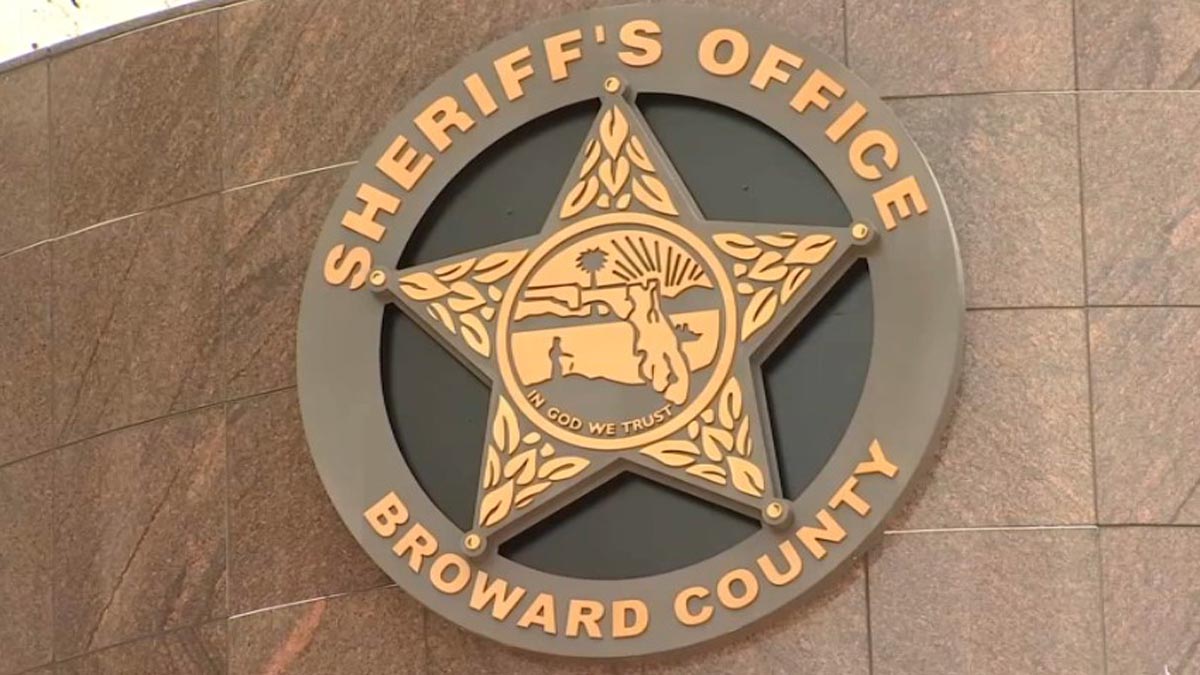Luisa Aleman says she made plenty of sacrifices to make every payment on time after financing a used 2007 Honda Accord.
“I never missed one payment,” Aleman said. “I’ve never been late, always on time. Perfect record.”
Aleman thought she made her last payment with Nicholas Financial, Inc. in August 2016.
Aleman was expecting to get her title, instead months later, her car was repossessed.
That's when she called NBC 6 Responds.
We called Nicholas Financial who told us she owed extra money for not following a condition of her loan that required her to always have auto insurance.
The agreement she signed when she financed the car said the company could “add the premium charge” to her account.
Local
They said records showed she owed an additional $2140 for going 18 months without insurance spread over the five years of her loan.
Aleman believes she was as perfect paying her insurance as she was paying her loan.
“How do you think I’m going to miss to pay 18 months without insurance?” Aleman asked.
She admits she changed insurance companies multiple times seeking out a cheaper rate and thought she was always covered. But she couldn’t provide proof to her lender.
Dania Beach attorney Russ Lazega says this type of arrangement is common in auto loans. It’s called force-placed insurance.
“If there’s not sufficient insurance, then the lender can purchase the insurance on behalf of the borrower,” Lazega explained.
Still, he called Aleman’s case odd because she had a perfect record of paying her loan on time.
“Never in over 100,000 insurance claims that I’ve handled, I’ve never seen this in 20 years of practice,” Lazega said.
Nicholas Financial President and CEO Ralph Finkenbrink says his company sent multiple notices to
Aleman telling her about the insurance premiums being added to her account.
In a statement, he said “It is very unusual for a customer to incur force-placed insurance charges yet make all of their monthly payments perfectly. This would indicate she was confused as opposed to having an intent to purposely drive her vehicle without the proper insurance. We became aware through NBC Channel 6, Luisa was taking care of her sick elderly mother during this period where she did not have a vehicle. There did not appear to be any attempt by Luisa to be misleading in anyway, as a result of all the circumstances surrounding this ordeal, we felt that this would be a good opportunity to provide her some charitable giving.”
Days after her car was repossessed, it was delivered back to her home. She was not required to pay the additional money she owed for the force-placed insurance or for the towing and storage costs.
Nicholas Financial said it will not be able to receive any reimbursements from the insurance company because the charges were valid.
Aleman now has her car’s title and is happy to own her car outright.
Finkenbrink also recommended that if a consumer receives a letter from their lender notifying them of the need for insurance information, the consumer should immediately contact their insurance agent to either purchase insurance or to confirm that the coverage they have meets the requirements detailed in the letter (and on their contract). They should then have the agent send the declaration page to the lender. By doing this the consumer can avoid additional costs and stay in compliance with state insurance requirements as well. Most important, Finkenbrink warned for people to not ignore a letter from your lender because you think you have insurance.



